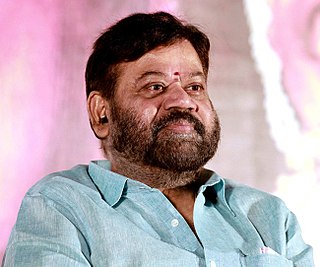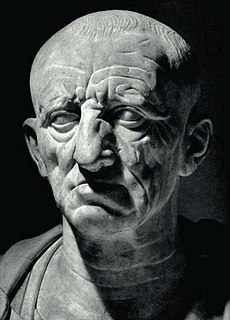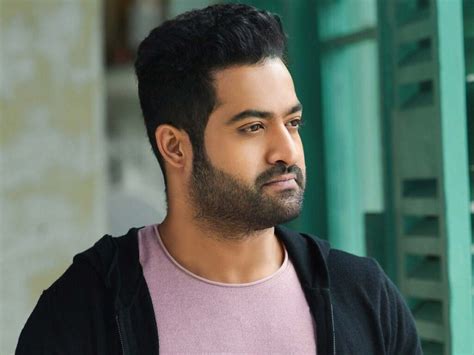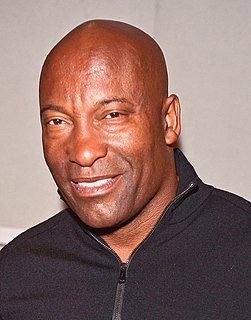A Quote by P. Vasu
If the director has a story, he will go directly to the hero. If I have a big hero in hand today, any big banner or corporate will come to me. But if I say I have a good story, they will ask if I have a hero.
Related Quotes
I don't really distinguish between a fictional hero and a real life hero as a basis for any comparison. To me, a hero is a hero. I like making pictures about people who have a personal mission in life or at least in the life of a story who start out with certain low expectations and then over achieve our highest expectations for them. That's the kind of character arc I love dabbling in as a director, as a filmmaker.
It concerns me when I see a small child watching the hero shoot the villain on television. It is teaching the small child to believe that shooting people is heroic. The hero just did it and it was effective. It was acceptable and the hero was well thought of afterward. If enough of us find inner peace to affect the institution of television, the little child will see the hero transform the villain and bring him to a good life. He'll see the hero do something significant to serve fellow human beings. So little children will get the idea that if you want to be a hero you must help people.
Heroes come in all sizes, and you don't have to be a giant hero. You can be a very small hero. It's just as important to understand that accepting self-responsibi lity for the things you do, having good manners, caring about other people-these are heroic acts. Everybody has the choice of being a hero or not being a hero every day of their lives.
The anti-hero or hero usually has a journey or quest so they are interesting as you find out what's going to happen, what they are looking for. What are they trying to do? Sometimes what they do is heroic or comes with a price or sacrifice or maybe the way they do things isn't so great and that's when they become anti-heroes. But the journey of an anti-hero combined with a good story done well is always worthwhile.
Part of what we want to do with the Heroic Imagination Project is to get kids to think about what it means to be a hero. The most basic concept of a hero is socially constructed: It differs from culture to culture and changes over time. Think of Christopher Columbus. Until recently, he was a hero. Now he's a genocidal murderer! If he were alive today, he'd say, "What happened? I used to be a hero, and now people are throwing tomatoes at me!
A man can be a hero if he is a scientist, or a soldier, or a drug addict, or a disc jockey, or a crummy mediocre politician. A man can be a hero because he suffers and despairs; or because he thinks logically and analytically; or because he is "sensitive"; or because he is cruel. Wealth establishes a man as a hero, and so does poverty. Virtually any circumstance in a man's life will make him a hero to some group of people and has a mythic rendering in the culture - in literature, art, theater, or the daily newspapers.




































